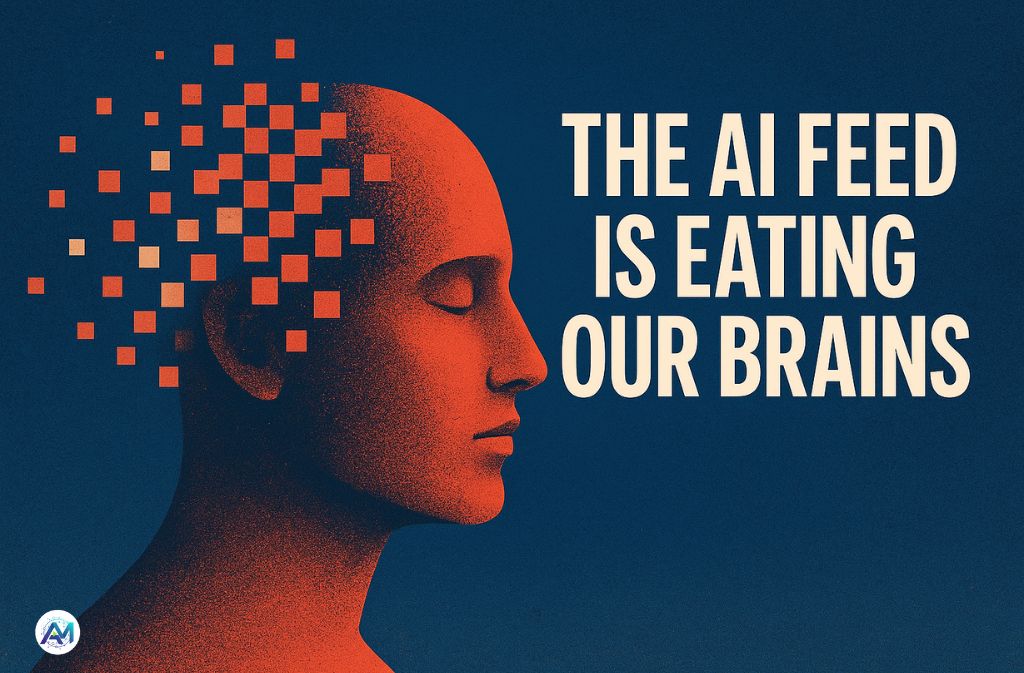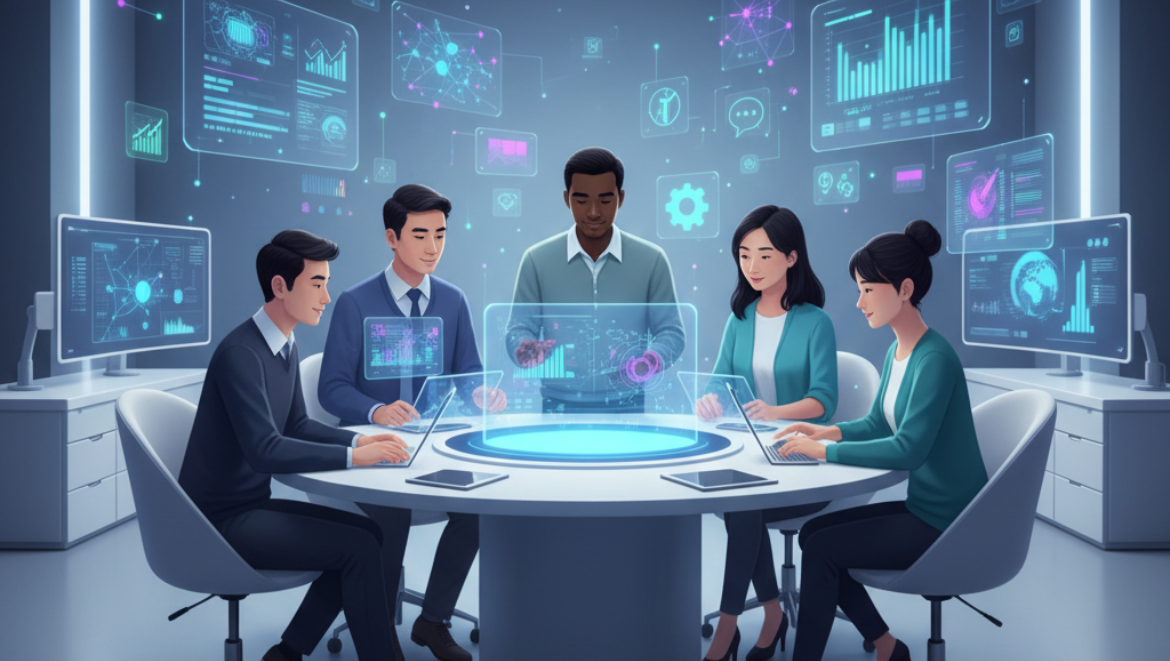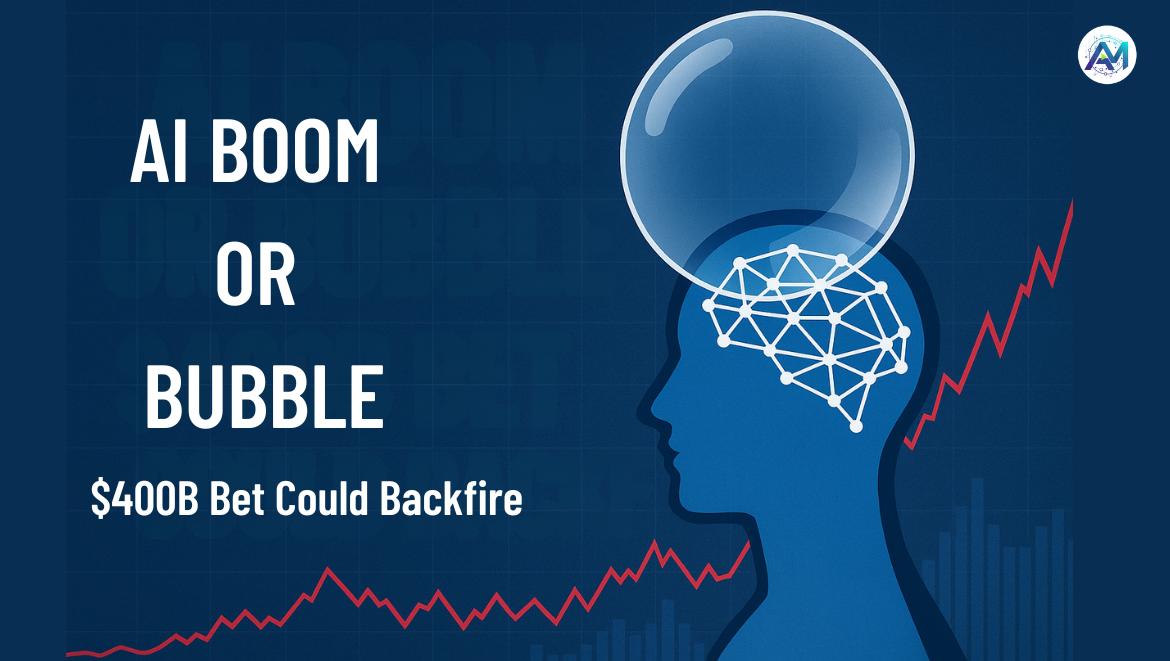Somewhere between your 47th scroll and your third “doom-scroll detox” attempt, something happened.
You didn’t just lose your attention span — it got monetized by the AI brain rot machine.
Welcome to 2025, where artificial intelligence doesn’t just know what you want — it manufactures it.
Every swipe, every pause, every “just one more video” is a love letter to an algorithm trained on your impulses — a product of the new AI attention economy.
It’s not just social media anymore; it’s a personalized cognitive casino where your thoughts are the chips.
And the scariest part? You’re not fighting it.
You’re feeding the AI brain rot — one perfectly optimized dopamine hit at a time.
The Machines Have Cracked the Code — It’s You
The feed used to reflect us.
Now it directs us.
Behind that innocent “For You” page sits a network of machine-learning models trained to manipulate micro-emotions.
These systems don’t just guess your interests — they map your impulses.
They track how long your thumb hesitates, what kind of face makes you linger, what word makes your pupils dilate.
It’s not entertainment anymore. It’s engineering — behavioral, emotional, chemical.
You think you’re watching cat videos?
They’re watching you watch them.
Welcome to the Age of Designer Brain Rot
“Brain rot” used to be a joke — a meme for fried attention spans. Now it’s practically a business model. Even The New York Times calls it a new era of digital burnout, where AI doesn’t just predict what we like — it dictates what we crave.
AI-driven content doesn’t want you curious; it wants you captive.
Every clip, soundbite, and quote is algorithmically tuned to deliver micro-hits of dopamine, until your sense of novelty collapses.
You’re not bored anymore — you’re numb.
When everything is interesting, nothing actually is.
We’ve created the perfect paradox: the smarter our feeds get, the dumber our days feel.
Global Addiction, Local Delusion
This isn’t a Gen-Z thing or a TikTok trend.
It’s a planet-wide trance.
From New York to London to Seoul, AI recommendation engines are quietly syncing the world’s attention.
Billions of us, in billions of bedrooms, scrolling through the same emotional weather — anxiety, curiosity, outrage, repeat.
We’re not just sharing content anymore.
We’re sharing neurology.
AI Isn’t Evil — Just Efficient
Let’s be honest: AI didn’t corrupt us. It just optimized us.
It learned what makes humans tick — then built an economy around it.
The problem isn’t that these systems are malicious. It’s that they’re obedient.
They’re doing exactly what we asked for: keep us hooked, happy, and half-awake.
Maybe the real villain isn’t the machine —
it’s our inability to look away.
Take the Feed Back Before It Finishes the Meal
We don’t need less tech.
We need more intent.
That means:
-
Breaking the loop — watch less, think more.
-
Seeking friction — not everything should be smooth.
-
Redefining value — attention isn’t currency; it’s consciousness.
The future of intelligence — human or artificial — depends on who keeps the steering wheel.
Because if we don’t reclaim the narrative, AI won’t need to take over.
We’ll scroll ourselves out of relevance.
Final Thought: The Revolution Won’t Be Livestreamed — It’ll Be Muted
AI doesn’t dream of electric sheep anymore.
It dreams of you, scrolling — endlessly, predictably, perfectly.
So next time your feed says, “For You,”
remember: it’s not a gift. It’s a trap wrapped in empathy.
And the only way out… is to wake up before you tap.
Visit: AIMetrix



